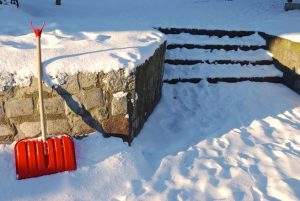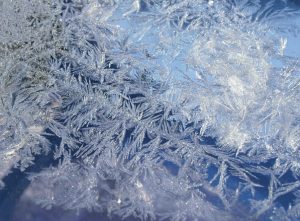Green Ways to Handle Snow this Winter
Friday, December 16th, 2016As pretty as fresh-fallen snow looks, we clearly don’t want it around for too long once it’s hit the ground. That’s when it gets grey, muddy and slushy and those descriptors don’t rank high on anyone’s list.
Granted it’s difficult for people to come and go when streets and driveways are clogged with the white stuff. Whether its gas-guzzling tow trucks, noisy snow blowers or not-so-environment-friendly de-icing salt, we all have our favourite ways to remove snow and ice.
So let’s look at some of the better ways of getting rid of snow without causing too much damage to the environment:

Some Snow Blowers are Better than Others:
Use battery-, electric- or hybrid-powered snow blowers instead of those operated on gasoline. Don’t use your snow blower for small areas such as your walkway. While electric machines consume energy, they don’t eat up gas or emit greenhouse gases.
Buy the Most Efficient Gas-Powered Snow Blower:
If your space necessitates a gas-run machine, make sure it’s a two-stage, four-stroke engine as opposed to a single-stage, two-stroke.
Invest in a good quality blower with a neighbour. That way you can share the costs and benefits of an eco-friendly machine.
Kick It Old School:
Shovels, ice crackers and brooms will help you clear snow from sidewalks, porches and driveways. Use an ergonomic shovel or hire the neighbour’s kid to do the job. It’s best also to shovel early and often.
Eco-friendly Snow Removal Service:
Try to find one in your neighbourhood or ask that your current service use eco-friendly products.
Use a Salt Substitute: Sprinkle birdseed, clean clay cat litter, sand, or fireplace ash on walkways and driveways in order to gain some grip.
Use these substances carefully as they can be harmful to vegetation and waterways and messy when the snow melts.
Pillar of Salt:
If you must use salt, choose the type you use carefully. Some contain cyanide while others increase algae growth and lead to clogged waterways. Whatever you use, be sure to avoid landscape plants especially those that are salt sensitive such as maples, dogwood and rose bushes.
Sources: www.sustainableamerica.org, www.esquire.com

